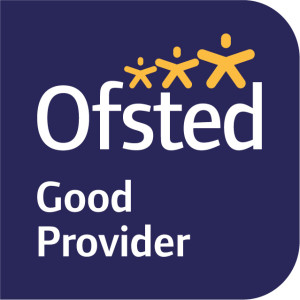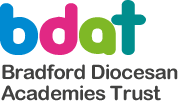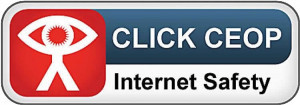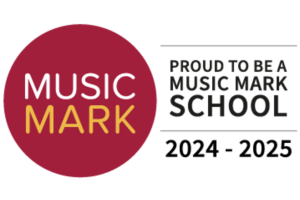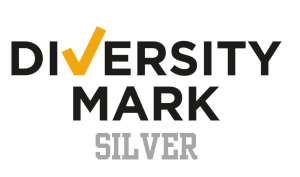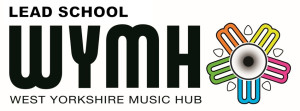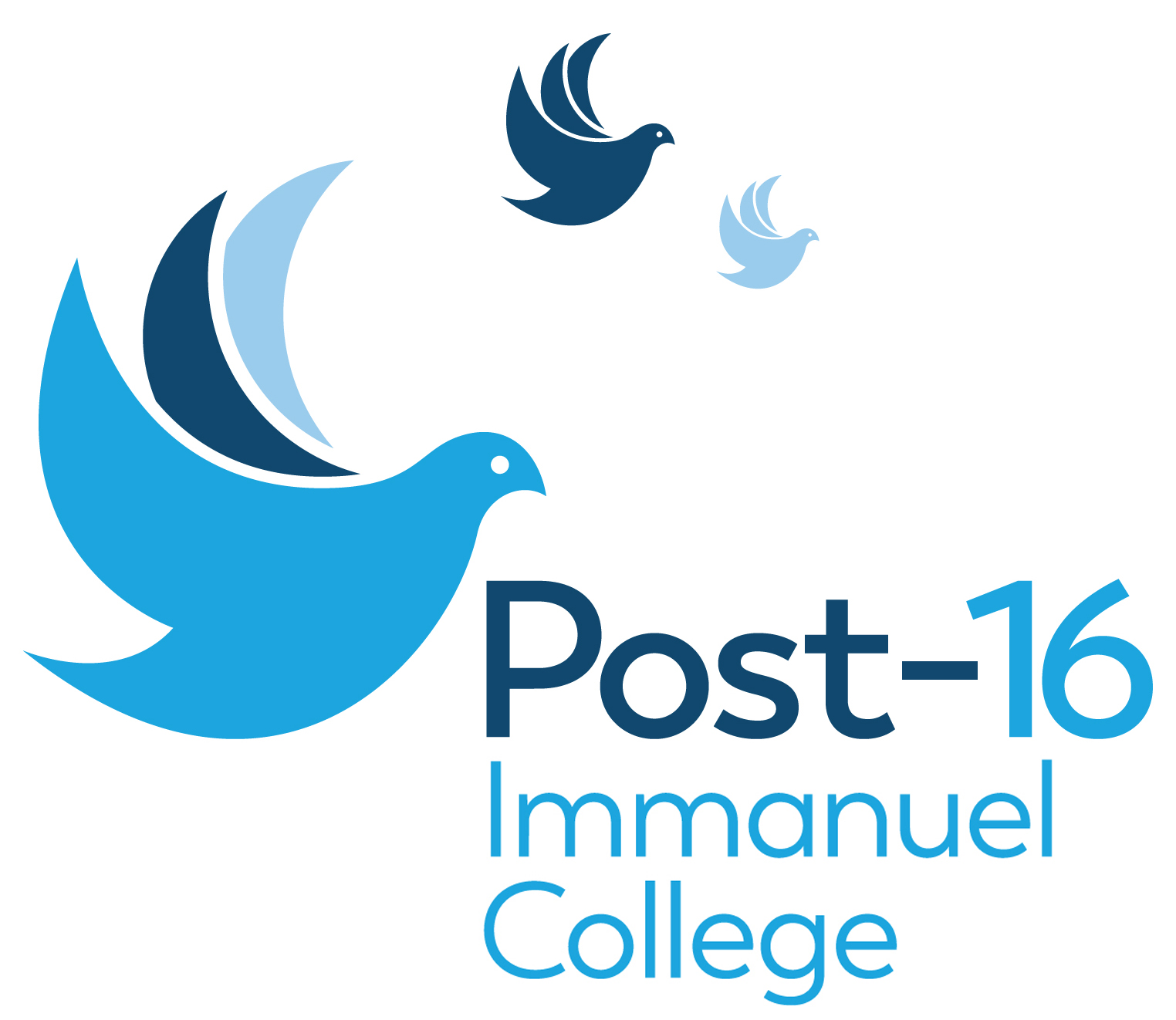
- Overview
- Welcome from the Headteacher
- Post-16 Team
- Admissions
- Post-16 Prospectus
- Subjects
- English Language & Literature
- English Literature
- Maths
- Further Maths
- Biology
- Chemistry
- Physics
- Applied Science (Applied General)
- Art
- Criminology (Applied General)
- Drama & Theatre
- Film Studies
- French
- Geography
- History
- IT (Applied General)
- Law
- Law (Applied General)
- Media Studies
- Music
- Music (Applied General)
- National Extended Certificate in Uniformed Protective Services (Applied General)
- Philosophy, Theology, Ethics - Religious Studies
- Photography
- Psychology
- Sociology
- Spanish
- Sport (Applied General)
- Technical Business (Level 3 - Extended Certificate)
- Travel and Tourism (Applied General)
- Hospitality (Level 2)
- Leadership through Sport (Level 2)
- Public Services (Level 2)
- Employability
- Maths and English GCSE Resit
- Student Leadership
- Results & Student Progression
- Trips & Opportunities
- Charity Work
- Our Facilities
- New Build
- Enrichment
- FAQs
- Exams Information
- Year 10 Information Evening
- Go Higher West Yorkshire
Further Maths
Why choose this subject?
- Students taking Further Mathematics overwhelmingly find it to be an enjoyable, rewarding, stimulating, and empowering experience.
- For someone who enjoys mathematics, it provides a challenge and a chance to explore new and more sophisticated mathematical concepts.
- Students who take Further Mathematics find that the additional time spent studying mathematics boosts their marks in single A level Mathematics.
- It makes the transition from sixth form to university courses which are mathematically rich that much easier as more of the first-year course content will be familiar.
- It enables students to distinguish themselves as able mathematicians in their applications for university and future employment.
What will you study?
Further Mathematics must be studied alongside the standard Mathematics A-Level. There is one compulsory Paper and then a range of further topics to select from. Areas which you will cover include:
Further Pure Mathematics: An exciting part of maths introduces you to imaginary and complex numbers, parabolic and hyperbolic equations, matrices, and proof by induction. It is extremely rewarding, but it is not for the faint hearted. You will go on to delve further into complex numbers and then straight into one of the most useful areas of mathematics: first and second order differential equations. These are used to model all sorts of processes used in physics, economics, and biology. A simple example is modelling the rate at which a mug of tea cools down; this is related to the temperature difference between the tea and the room, but this will change as it cools down, making it more complicated to model than you think. Lastly, there is an introduction to a new coordinate system: polar coordinates.
Other areas include extending further with Further Pure Mathematics, the there are options to study a range of applied modules including Further Mechanics, Further Statistics and Discrete mathematics.
How is this course assessed?
The course is assessed through exams only with 4 exams taken for a full A-Level at the end of the 2 year course.
Paper 1 covers all Further Pure mathematics with Papers 2, 3 and 4 giving options of topics including extension of Further Pure Mathematics, Further Statistics and Discrete.
Paper 1 is worth 144 marks (50%) and is a 2 hour 40 minute exam with Papers 2, 3 and 4 all worth 60 marks each (16 2/3%) and are 1 hour 15 minute exams.
Students are also regularly assessed throughout the course to ensure that they are keeping on track and making progress.
![]()
Maths Intent
The intent of the mathematics curriculum has at its heart, our values of perseverance, character and hope, which promote a sense of belonging in the world of Mathematics1.
The mathematics curriculum at Immanuel College is designed to ensure that all students have a secure knowledge base and cultivate a deep understanding of mathematical concepts and procedures, as well as the ability to apply these to a variety of problems, including those they may face in the real world3.
The mathematics department models and promotes mathematical rigour.
The curriculum is designed to foster students' mathematical reasoning skills, their ability to communicate mathematical ideas effectively, and their appreciation of the beauty and power of mathematics7.
Students are stretched and challenged.
We create a positive learning environment with high expectations where students thrive and reach their hopes and aspirations.
We promote diversity within the curriculum and show case that mathematicians both historically and locally come from all kinds of backgrounds and upbringing.
Students are prepared for future studies in mathematics: The curriculum provides a solid foundation in mathematics for students who wish to study mathematics at university or in other advanced programs9.
1 Matthew 1:23 – ‘They will call him, “Immanuel” which means “God with us.”
3 Galatians 3:26 – ‘In Jesus you are all children of God through faith.’
7 Ephesians 2:10 – ‘For we are God’s masterpiece, created in Christ Jesus to do good works which God prepared in advance for us to do.’
9 John 10:10 – Jesus said, ‘I have come that they may have life and have it abundantly.’
Subject Maps
Curriculum Plans
What next?
A Level Further Mathematics is highly regarded by universities. If you are planning to take a degree in areas such as engineering, sciences, computing, finance, economics or perhaps mathematics itself, you will benefit enormously from taking further mathematics. Many engineering and mathematics courses at university list A Level Further Mathematics as ‘essential’ or ‘desirable’.
